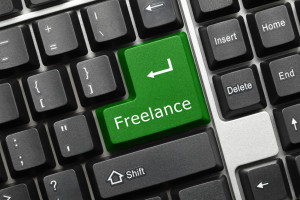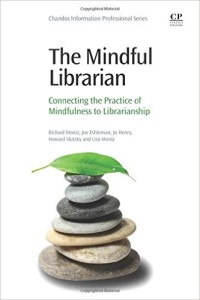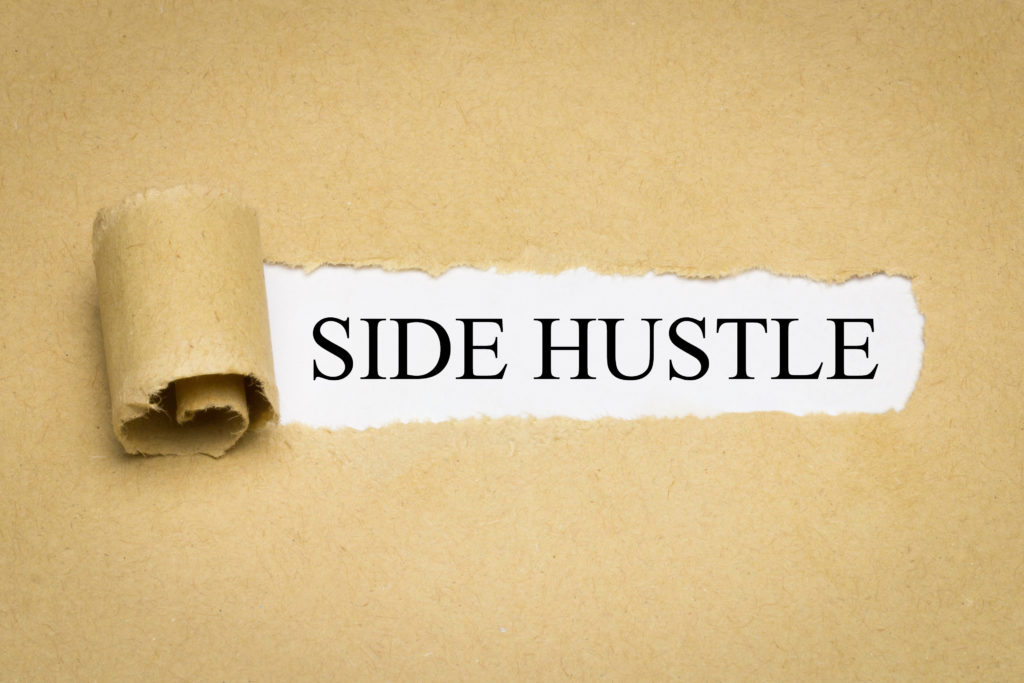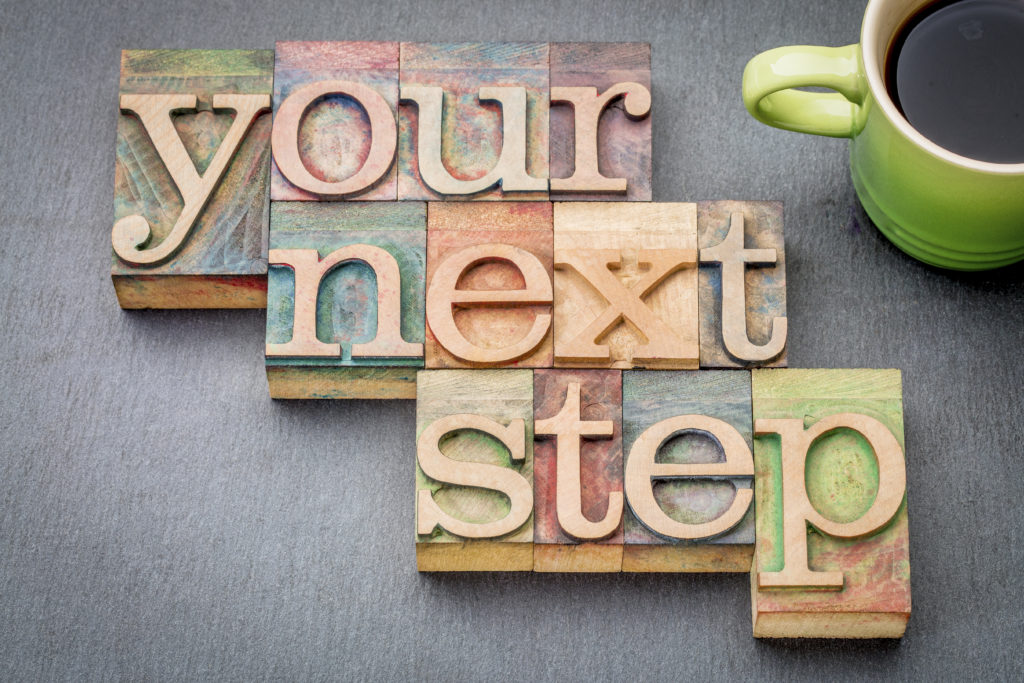by infonista | Feb 19, 2019 | Creating a Rewarding Career, Freelancing, Independent Info Pro, LIS Career Strategy, Uncategorized
One of the questions that comes up frequently when talking about LIS career options is freelancing. Does it make sense to pick up freelance work if you already have a job? The answer very much depends on your individual life circumstances, but for me, freelancing has been integral to my career growth (and opportunities) from the beginning.
Benefits of freelancing
Freelancing – also known these days
as side-gigs, side-hustles, and project work – can be a great career “add-on.”
It can give you a modest source of income in addition to your full-time job
salary, it can help you build out your professional portfolio to include
demonstrations of additional skills, and it can help you expand the network of
people who have first-hand knowledge of those terrific skills.
(more…)
by infonista | Feb 12, 2019 | Creating a Rewarding Career, LIS Career Strategy
Wondering if there’s a perfect LIS job out there for you
that you’ve somehow missed? Considering a potential new position but aren’t
sure if it’s the perfect fit for you? If so, welcome to one of the most popular
groups in the world – the ‘I’m still looking for the perfect job’ club.
In fact, it’s such a hot topic that a quick cruise through
any online bookstore will also make clear what a financial bonanza it is for
the publishing industry: there are thousands of books related to finding your
path, landing the job that’s perfect for you (I especially like the title that
also promises a $250,000+ salary), creating your best work, and identifying
working environments that will unleash your inner peak performer, among other
topics.
In their own way, each of these books is likely to have a
nugget (or several) of wisdom to help you get closer to your perfect job. But
it might be a lot more effective to shoot for a great career rather than a
perfect job. Why? Because, as Emerson noted, life’s a journey, not a
destination. So, too, are careers.
Moving into your next
step
The great thing about careers as a process is that almost
every job can in some manner be a “next step” job – one that enables you to
accomplish things that get you closer to a job that’s ideal for you. How? By
taking control of your goals and outcomes. Specifically:
Consider your
professional equity (PE). Think
about your professional equity as a Venn diagram of overlapping circles: what
you know (your information skills), who you know (your network), and who knows
about you (your brand or professional visibility). Your goal is to continue to
build out each of these areas – this is the career asset that will continue to
open up great opportunities for you the more you invest in it.
Create an annual
agenda. Keeping that professional
equity in mind, in what ways can you use your current job or the job you’re
about to take to expand in one, two, or all three areas? What can you learn?
With whom can you establish new relationships, especially in new professional
communities? Is there an opportunity to raise your career visibility by
writing, presenting, blogging, or in some other way sharing a new or expanding
area of expertise?
Once you’ve thought this through, create an annual job
agenda that reflects your professional equity goals and what actions you’ll
take to accomplish them. Give yourself some accountability – how many people
will you reach out to over what amount of time, by when will you have gotten
that photo up on your social media accounts, what online tech course will you
take, where and when? Then put your agenda in play – that way you’re making
forward progress toward your career goals, building your professional equity,
and moving closer to your ideal job no matter what else is going on in your
current one.
Take charge of
performance reviews. One of the
great things about millennials in the workplace is they seem to be having a
wonderful effect on the highly-detested annual performance review…as in, they’re
going away. In their place, managers are more often now giving feedback in the
context of the moment, which of course makes much better sense. But that
doesn’t mean that you can’t create your own (perhaps quarterly or semi-annual)
performance review. The difference is, when you’re initiating your own
performance review, it can focus on helping you reach those agenda goals you
developed earlier.
So, for instance, if one of your goals is to learn more
about project management, let your manager know that you’d like to take on more
responsibility in this area and make it clear that you’re willing to do any
necessary learning to do so, including taking courses, reading books, reaching
out to experts, etc. (if necessary, on your own time). You want to make sure
that the skills you’re trying to build/expand will benefit your employer as
well, but try to “double down” as often as possible.
Create DIY learning
opportunities. Do-it-yourself
learning opportunities can often be found via volunteering for new project
initiatives within the organization and learning as you work. Other ways to
learn new skills on the job include working with a mentor (younger or older,
but someone who’s got the skills you seek), organizing “lunch and learn”
presentations, taking free online courses and then sharing your knowledge with
colleagues, signing up for vendor training (often free), and participating in
LinkedIn group discussions relevant to your job/organization’s focus.
If you’re working for a great employer, they’ll fully support
your efforts by giving you time during the day to build your skills. If,
however, you’re working for a normal
employer, you may end up doing your learning on your own time. But really,
that’s okay – you’re investing in your career future, and you’re the one who’s
going to reap the long-term benefit of those efforts.
Focus on the key
player: you. By now almost everyone
knows the drill: no matter who we happen to be working for today, we’re all
self-employed. That’s not because employers are terrible, it’s because we’ve
moved into a workplace reality where budget constraints and “operating
efficiencies” outweigh all other considerations. That boss who loves you and
understands what a terrific job you do may still have to lay you off at some
point. It may tear her up, but it won’t be her decision to make, no matter how
much she values you as an employee and a person.
The takeaway for all of us? All working relationships –
including those in libraries – are business relationships. That means that you
must be your own best advocate and protector. No one else can do this for you.
So in every job situation, your responsibility is to make sure that you’re
using the job to enhance your future career opportunities while you’re also
doing a great job for your employer. The two can actually dovetail quite nicely
if you do some strategic thinking and planning.
Pay attention to the
bridge. Every next-step job (which
actually means almost every job you’ll ever have) is a platform from which
you’ll build the bridge to your next one. Essentially, the
professional-equity-building work you do in your current job should ideally be
positioning you for the next opportunity you’d like to grow into. What skills
would you need? Who would be helpful to know? What could you do to start
building visibility (and credibility) with this new-opportunity community?
Not sure what next-step job might interest you? Now’s the
time to start exploring. Join LinkedIn groups, read trade journals, scan
conference programs, do information interviews – come up with as many different
ways as you can to expand your career horizons.
Moving toward your perfect work
As you move through your LIS career, each stop along the way
can provide you with valuable information and positioning opportunities, but only
if you take responsibility for that outcome. Is it worth the effort? As someone
who’s done this throughout her entire career, I’d say absolutely yes – if you
want to continue to move toward your perfect work.
by infonistaadmin | Jan 10, 2017 | Creating a Rewarding Career, Freelancing, Independent Info Pro, LIS Career Options
 Workforce experts are saying that by 2020 four of every ten workers will be a member of the “contingent workforce” – that is, freelancers, contractors, or temporary employees. How directly this trend impacts the LIS profession will probably in large degree depend on where you work and the type of work you do.
Workforce experts are saying that by 2020 four of every ten workers will be a member of the “contingent workforce” – that is, freelancers, contractors, or temporary employees. How directly this trend impacts the LIS profession will probably in large degree depend on where you work and the type of work you do.
But in the meantime, what if you’d actually like to accelerate this trend and perhaps have an LIS career with a bit more flexibility right now? (more…)
by infonistaadmin | Aug 9, 2016 | Creating a Rewarding Career, Freelancing, Independent Info Pro, LIS Career Strategy
 When I recently asked a young MLIS student about her career goals, she very matter-of-factly laid out a future of LIS work comprising multiple employer/clients based on her various skill sets.
When I recently asked a young MLIS student about her career goals, she very matter-of-factly laid out a future of LIS work comprising multiple employer/clients based on her various skill sets.
Kate possesses a rich suite of in-demand skills, ones that might previously have led to being quickly hired by a lucky organization. But as a realistic monitor of today’s LIS employment environment, she’s hoping for the best (she’ll find a great job) but planning for the worst. If no job materializes, she’ll be able to create multiple revenue streams to support herself based on her LIS skills.
In fact, Kate is actively seeking out work projects and courses to broaden and deepen the skills she may be able to offer to a diverse range of employers – or clients. She’s positioning herself to be able to contribute value over a lifetime of information work. And one of the most effective ways to do that is to consider adding freelance work or projects to your worklife and portfolio. (more…)
by infonistaadmin | Apr 25, 2016 | Creating a Rewarding Career
 How are we to teach our students to pay attention if we have not considered this more deeply ourselves? How do we better model mindful behavior and a thoughtful, caring, and contemplative approach to life?
How are we to teach our students to pay attention if we have not considered this more deeply ourselves? How do we better model mindful behavior and a thoughtful, caring, and contemplative approach to life?
This is the question posed by co-author Richard Moniz in the introduction to The Mindful Librarian: Connecting the Practice of Mindfulness to Librarianship. It’s also the essence of why the five authors of this fascinating guide chose to interweave the recent findings on mindfulness into the daily life of library work. By understanding how to be more mindful ourselves, we can become both better librarians and better – happier, more present, more engaged – human beings. (more…)



 Recently I’ve had a number of conversations with colleagues thinking about their post-retirement options. Most of them don’t actually want to retire, but want to transition to a career option that better fits their encore lifestyle goals.
Recently I’ve had a number of conversations with colleagues thinking about their post-retirement options. Most of them don’t actually want to retire, but want to transition to a career option that better fits their encore lifestyle goals.

